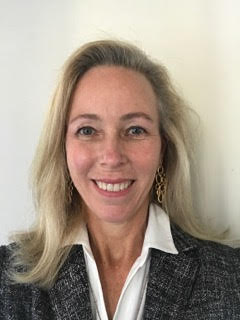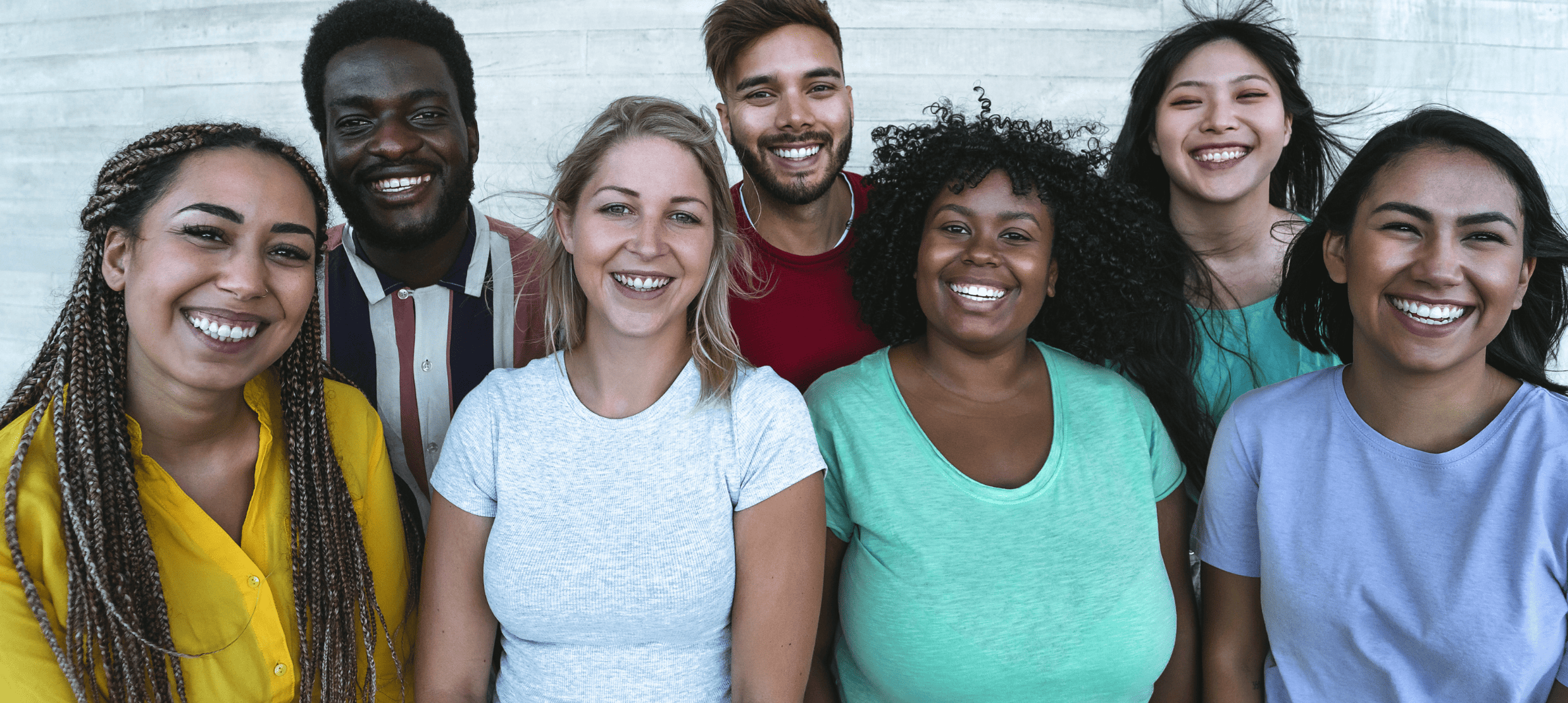I will never forget when, as a young teen, I was told by my mother’s friend, “You have legs just like your dad’s.” Many decades later I can still hear her voice and feel the sting and confusion her comment stirred in me.
I had never thought about the appearance of my dad’s legs before. I had never thought about the appearance of my own. I knew my legs were good at kickball. They helped me round the bases in softball. They carried me to school every day. But now I was forced to think about how others saw my legs and how my legs might look like my father’s legs. I felt ashamed, instinctively thinking that a girl’s legs shouldn’t look like those of a man.
I keep this memory close as a reminder to myself of the best way to talk to my own children about their bodies. I want to make sure they love their bodies for what their bodies do for them, not how their bodies appear to others or even to themselves.
In our family, sport has been a way to appreciate and exercise our body’s capabilities. Hockey, tennis, lacrosse, soccer, swimming, you name it. We talk to our kids about how the sport makes them feel in their body and in their mind. Focused. Strong. Energized. And how it connects them to teammates and friends with a common goal. Isn’t it amazing how your bodily ability contributes to your happiness? How your legs can drive that ball. How your hands can slice that volley. How your excellent balance helps you shoot from your left side? Say “thank you” to that body!
At the same time, my husband and I do our best to model body confidence. We don’t speak negatively about our own bodies or those of others, nor do we compliment people for the shape or size of their bodies. We don’t diet. We talk to our kids about why we ourselves exercise. We do it because it makes us feel happy and, according to science, keeps us healthy, not because it makes us look a certain way. We don’t tell our children what they “should” do with their own bodies, though when we see them engage their bodies in positive ways, we say, “Bravo!”
We all have something for which we can thank our bodies—whether it is our ability to paint, to play the piano, to act in a play, or to engage our brain in solving a problem. As a parent, we can remark about the beauty of those achievements as a way to help our children appreciate their bodies in all their nuances. Everybody’s body does something for them. Let’s focus on that rather than how that body looks in a mirror.






